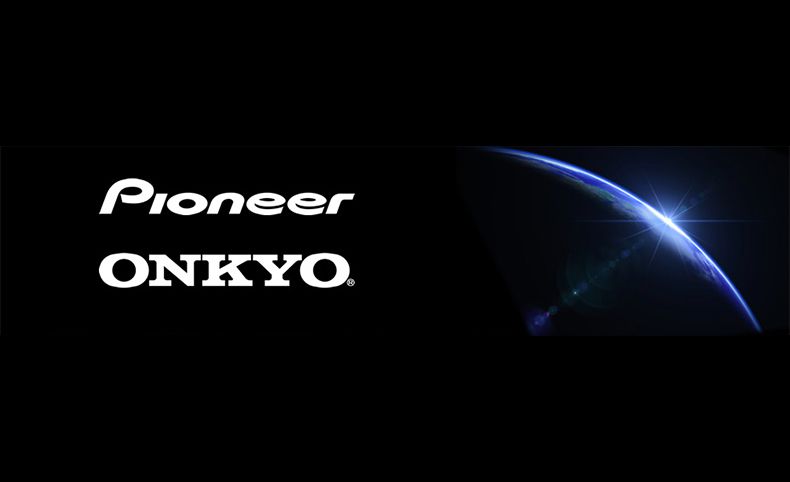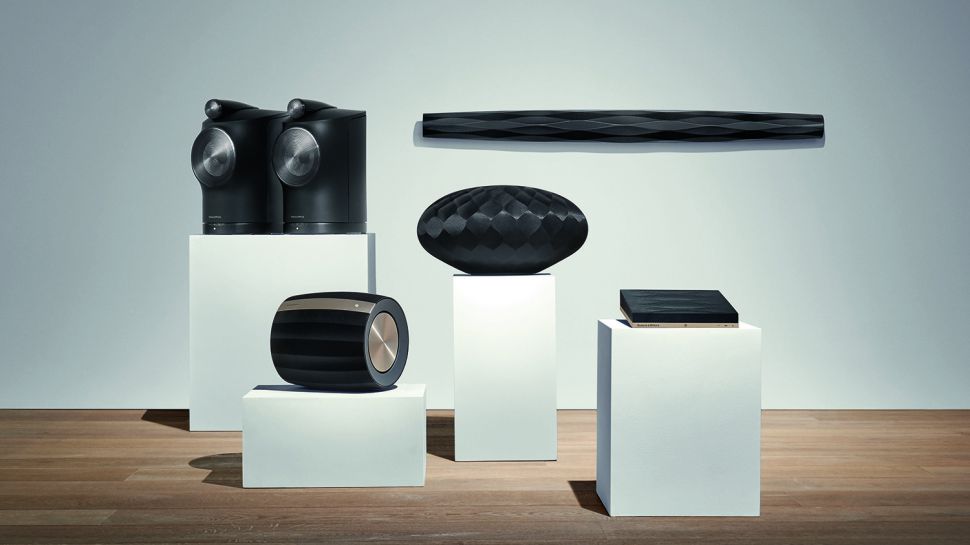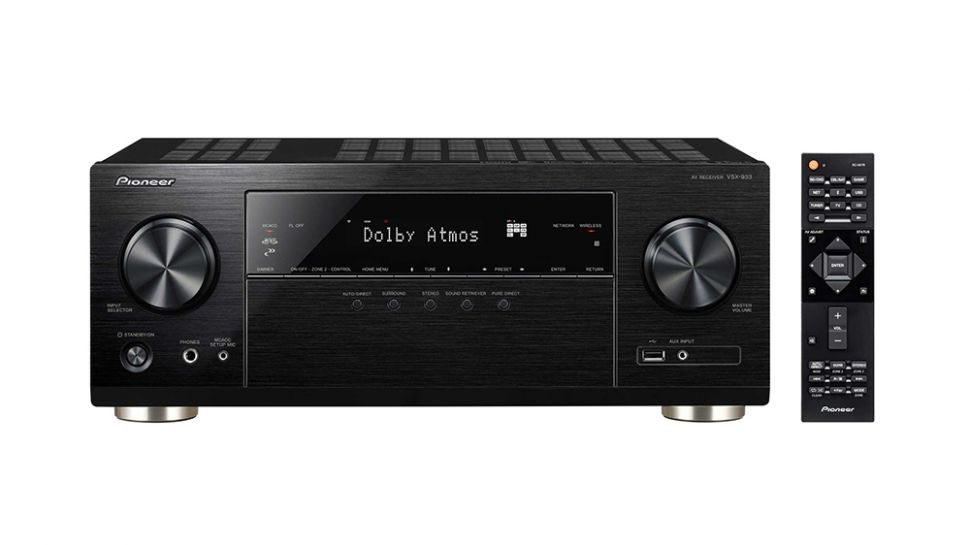Merger mania: good for the consumer electronics business?
News that Sound United has bought Onkyo and Pioneer is yet another sign of increasing consolidation in the AV market

The news that Sound United is to acquire the famous Japanese brands Onkyo and Pioneer is yet another sign of the increasingly rapid consolidation taking place in the global consumer electronics market.
Given that Sound United already owns Denon, Marantz, Polk, Classé, Definitive Technology and Boston Acoustics, it is set to become quite the powerhouse in the AV sector – particularly in the home cinema amplifier market, where Denon, Onkyo, Marantz and Pioneer have long been rivals. Denon and Marantz were themselves acquired by Sound United in 2017.
Presumably the brands will keep their distinct identities, both from a design and audio perspective, with some synergies to be gained in product development and manufacture, but whether they can all survive in a crowded market remains to be seen. Sales of home cinema separates have been hit in recent years by the popularity (and convenience) of soundbars and wireless speaker systems.

But this is not the first time one group has hoovered up a string of established audio brands. Chinese firm IAG owns several famous British brands, including Audiolab, Castle, Quad, Mission and Wharfedale. Chances are some of those brands would no longer be around if IAG hadn’t bought them.
More recently, Arcam has had two changes of ownership. Based in Cambridge, Arcam became a wholly owned subsidiary of Jam Industries in Montreal in 2012. It was then acquired by Harman Luxury Audio in the US, which is in turn owned by Samsung (which bought Harman in an $8bn deal in 2016). Samsung/Harman now has Arcam, Mark Levinson, Revel, Lexican, JBL Synthesis under its belt and shares engineering expertise, particularly in amplification, across the group.

And Bowers & Wilkins, which has just launched its long-awaited Formation wireless speaker range, was bought out by Californian start-up EVA Automation in 2016. Eva was founded in 2014 by Gideon Yu, a former Facebook chief financial officer and venture capitalist, and the co-owner of the San Francisco 49ers American Football team. Formation is one of the first fruits of the two companies’ collaboration, B&W having expertise in speaker design and Eva specialising in electronics. A wireless multi-room system had long been rumoured and has taken three years to come to market.
What’s happening in the consumer electronics industry is not dissimilar to what we’ve seen over the years in the automotive business. VW Group, for example, owns Audi, Bentley, Bugatti, Lamborghini, Porsche, Seat and Skoda.
Get the What Hi-Fi? Newsletter
The latest hi-fi, home cinema and tech news, reviews, buying advice and deals, direct to your inbox.
As the costs of developing new products and platforms continue to rise, given their increasing complexity, so pooling R&D and manufacturing resources increasingly makes sense. Developing a new streaming platform, say, can take several years and cost a few million pounds. Not small change, especially for smaller companies.

The question remains, however, as to whether all these individual brands can survive, even under bigger corporate ownership. Onkyo and Pioneer have been through a major upheaval over the last few years, starting with Pioneer selling its AV business to Onkyo back in 2014, and the risk is their brand identities get diluted as they compete with each other and other rivals in the same group.
Kevin Duffy, CEO, Sound United, is bullish: "Sound United is one of the leading dedicated providers of premium audio/video products, and we believe the combined businesses will bring unrivalled innovation and sound performance to our consumers and channel partners."
Today’s announcement suggests that the company will be aiming at the popular wireless smart speaker and soundbar categories, with Sound United "eager to invest in the development of new products with the added benefit of Onkyo and Pioneer’s extensive legacy of innovation".
However this plays out, we’re bound to see more of this type of consolidation in the coming years. For now, consumers still have an abundance of choice.
MORE:
Andy is Global Brand Director of What Hi-Fi? and has been a technology journalist for 30 years. During that time he has covered everything from VHS and Betamax, MiniDisc and DCC to CDi, Laserdisc and 3D TV, and any number of other formats that have come and gone. He loves nothing better than a good old format war. Andy edited several hi-fi and home cinema magazines before relaunching whathifi.com in 2008 and helping turn it into the global success it is today. When not listening to music or watching TV, he spends far too much of his time reading about cars he can't afford to buy.

